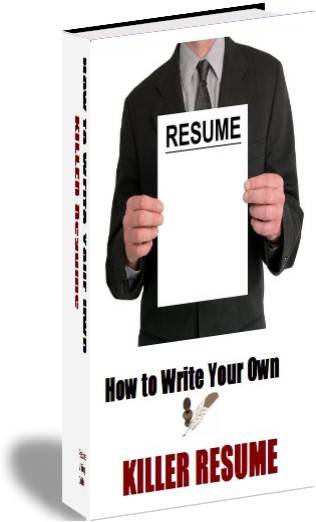Securing an interview for a job can be very stressful and time consuming. In a job market that seems to have greater demand than supply, it becomes even more critical to set yourself apart from the competition. While there are many creative tools and tactics you can use today, an attention to the right details will help you stand out from the crowd.
The vast majority of job seekers will do nothing more than send out resumes and wait for return calls. This task oriented approach is not the most efficient way to secure a job. The 7 tips below will help you to judiciously direct your efforts so that you get the interview and have the opportunity to sell yourself to potential employers.
- Prepare a targeted resume. Your resume is a marketing document and should be written with your target audience in mind. This may mean that you will make multiple modifications to the information during your search process. You want to present only the information that is relevant and will resonate with your audience.
- Be reference ready. Contact your references in advance to remind them of key details such as dates and key accomplishments. If you are unsure how or if references will respond, hire a professional service to do reference checking for you.
- Brainstorm. Make a list of five creative ideas or tools that you can use to win you the job. Be creative but mindful about what will work in your industry. Your list may include things such as creating a presentation resume, finding an innovative way to meet a potential employer or sending your resume in a creative package.
- Identify your target. Make a list of 5-10 companies that you would consider as future employers. Having a focused list will help you to be intentional in your search. Create a database for target employers and note the dates of contact and any follow-up details.
- Meet and greet. Look for opportunities to connect with industry influencers and target employers in your area. Your daily paper, the company’s website or local business journal are all good sources to find events. Don’t limit yourself to networking events. You may find that someone on your list is giving a lecture at a local college or delivering a presentation at an event.
- Help your network to help you. Use your target list to ask for help you’re your network. Most people will reach out to their network with a generic request to keep an eye out for opportunities. It is much more effective to ask for an inside contact at the company or a supplier to the company. LinkedIn is a great tool to help you discover who is connected to your target companies.
- Know your value. List the contributions that you can make to a future employer. Is there a problem or need that you are uniquely qualified to solve? Get creative and turn your solution into a video or presentation.




Follow Get Career Help!